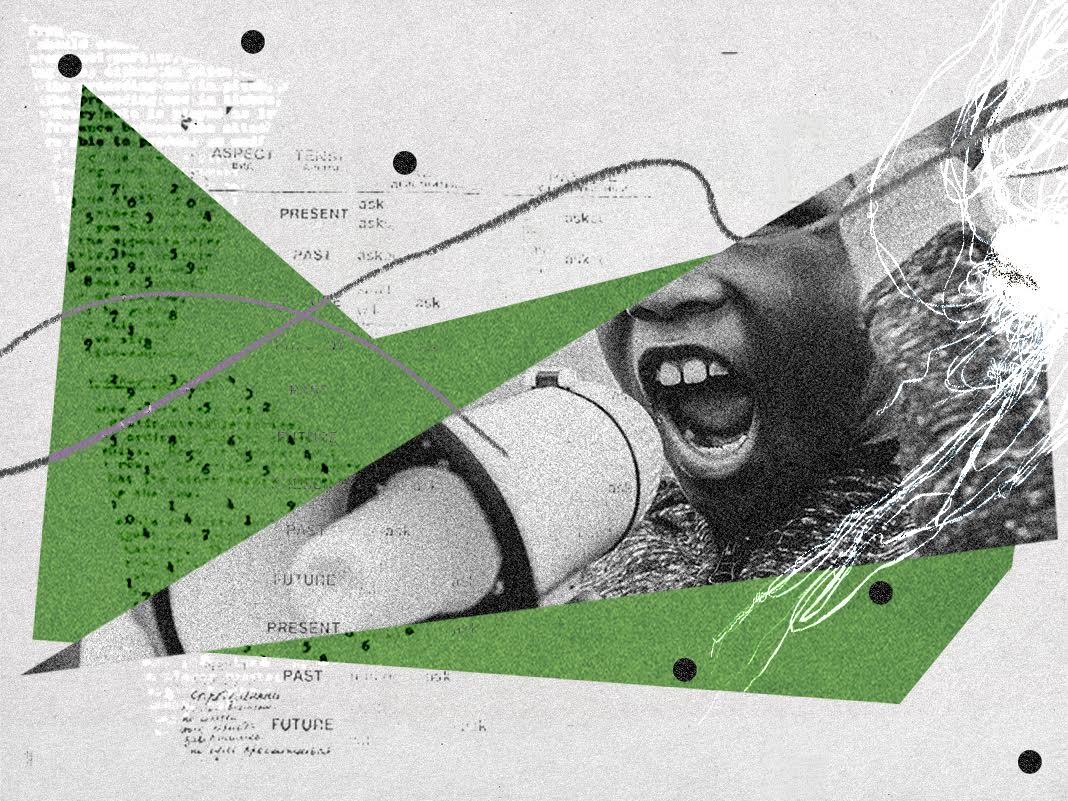College scholars and faculty across the country went on strike in September in an effort to draw attention to racial injustice and police violence in classrooms.
The two-day Scholar Strike was organized by Dr. Anthea Butler, professor of religious studies and Africana studies at the University of Pennsylvania, and Kevin Gannon, history professor at Grand View University, after Butler tweeted: “I would be down as a professor to follow the NBA and strike for a few days to protest police violence in America.”
According to the official Scholar Strike website, scholars were to “refrain from our many duties,” on Sept. 8 and 9 in order to “participate in actions designed to raise awareness of and prompt action against racism, policing, mass incarceration and other symptoms of racism’s toll in America.” Professors were encouraged to either pause their syllabus in favor of Black academia, write solidarity statements, or cancel class in favor of attending public teach-ins on American race dynamics.
According to Inside Hire Ed, 600 scholars expressed interest in participating within two days of Butler’s post. By Sept. 7, Butler reported to Washington Square News that over 5,000 people expressed interest in participating on Sept. 8 and 9.
Natalie Gross, director of Civic Engagement and Social Justice at Lang, received more than a dozen responses to an email asking if Lang faculty would be interested in participating.
Some were concerned about disrupting class during the second week of school, Gross said. Some were passionate about a chance to have an intentional pause to cancel class and encourage their students to attend teach-ins. Some chose to write statements of solidarity in their email sign offs but held class.
“This strike allows people to say ‘this is a moment I can take and be intentional,’” Gross said. “There is space within the classroom to talk about race and injustice. It’s an intentional pause, rather than a picket line.”
Among those who chose not to strike was Kia Gregory, a journalist who reports on police violence and a professor in the Journalism + Design department.
Gregory chose not to strike because she felt an obligation to to hold class and engage with her students, especially after classes were abruptly shifted online last semester.
She also expressed concern that the New School’s handling of the strike was performative in nature, meaning if it was not followed up with consistent pressure on the university to make concrete action after the two days, it would not make a difference to the overall cause.
“The strike is performative if not followed through. We know the power of the strike, but what happens Thursday, Friday? What happens next week? What happens in November?” Gregory said.
Gross conceded that the Scholar Strike would be performative if after the two days, the conversations around police and racial violence stopped. Gross said she encourages people to continue educating themselves and others after these days of protest are over.
Gross, who attended teach-ins and posted all materials to the CESJ Instagram and website for the two days of the strike, said she was excited to participate in something inspiring after an exhausting summer.
“When I learned about the Scholar Strike I was incredibly energized,” Gross said. “This is a time for administrators to affirm Black life in the classroom. To allow people who haven’t been able to protest in the streets to protest in the classroom.”
Gross said it would be wrong for her and the CESJ office not to strike, given their office’s role on campus. “I’m in a very different position,” she said. “If we aren’t walking that talk, why are we there?”
She said she wished she knew about the strike earlier on, and had found more ways to engage the community via the CESJ social media. As for The New School she said “I think the university made the community aware of the scholar strike, let folks know what they could do, and left it for individual faculty/staff to decide.”
Gregory said that she knows of other universities who are handling conversations on race differently, with more substantive action and more effective ways of educating their faculty within a hierarchical system. She was not against the strike, but rather unhopeful that the university would enact any significant action or change on campus as a result.
“We have Social Justice Committees and Climate Assessments. How much more? If other people are taking action, why aren’t we?” she said.
“Where do we possibly go from here? What now?”







